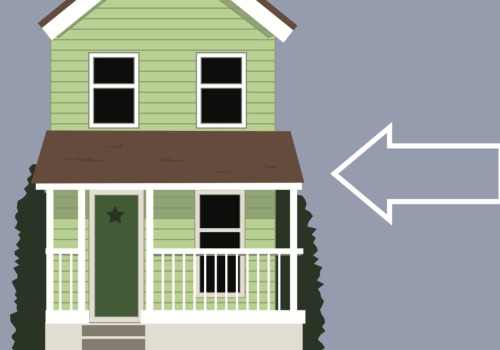It depends on your finances, time management, and the availability of housing in your area. The average real estate investor changes 2 to 7 houses a year. It can change more or less, depending on your abilities, experience and time availability. Amateur investors who invest homes as a side hustle will generally change from one to two houses per year.
There are no laws in the United States that limit the number of homes you can sell each year. A quick internet search will result in a long list of people who claim they can sell 20 homes or more each year. While many people can sell large quantities of homes on a consistent basis, the average is considerably lower, and if you're a beginner, it's best to set your sights on a more realistic goal. Most full-time fins average between two and seven sales per year.
If you've never changed a home before, plan to spend more money than you think and earn less than you expect when you sell. You'll improve at setting the best sales prices for your homes as you gain more experience, but it's important to keep your sales prices reasonable to sell more homes each year. As you change houses, you'll likely find that there are several steps you'll repeat, and that there may be ways to complete these tasks more efficiently, which can help you free up some time. While you can technically sell an unlimited number of homes each year, most full-time workers sell between two and seven because of the high cost and time it takes to find, repair, and sell each property.
The property eventually sold, but she only ended up making a 2% return on that house when she expected to earn 20%. Sometimes called wholesale real estate investing, flipping is a real estate investment strategy in which an investor buys a property with the intention of selling it, not living in it for a profit. Passing one step of the fins from one to two houses per year are investors with some financing who have cultivated equipment and systems. Another factor that comes into play when trying to invest homes is the current housing market.
In a hot market, people are looking to buy and it's easy to make a sale, but in a cold one, interest rates and other factors push people away from the housing market, making it difficult to sell. Powered by independent networks such as HGTV, DIY and Chip and Joanna's Magnolia brand, the home and flipping business has historically been big in this country. Unfortunately for home lovers, all properties in the United States aren't for sale, and one of the first things you're likely to discover when trying to get your business off the ground is that it can actually be quite difficult to find a property in your area that fits your needs, no matter dozens of them. Supplies may suddenly rise in price or become depleted, homes may need unforeseen and costly work (other flaps may have seen warning signs and let them pass), weather may change suddenly, workers may suffer injuries, or a buyer's funds may fall.
Another way to protect yourself when bidding on a home you want to change is to use conservative numbers.



